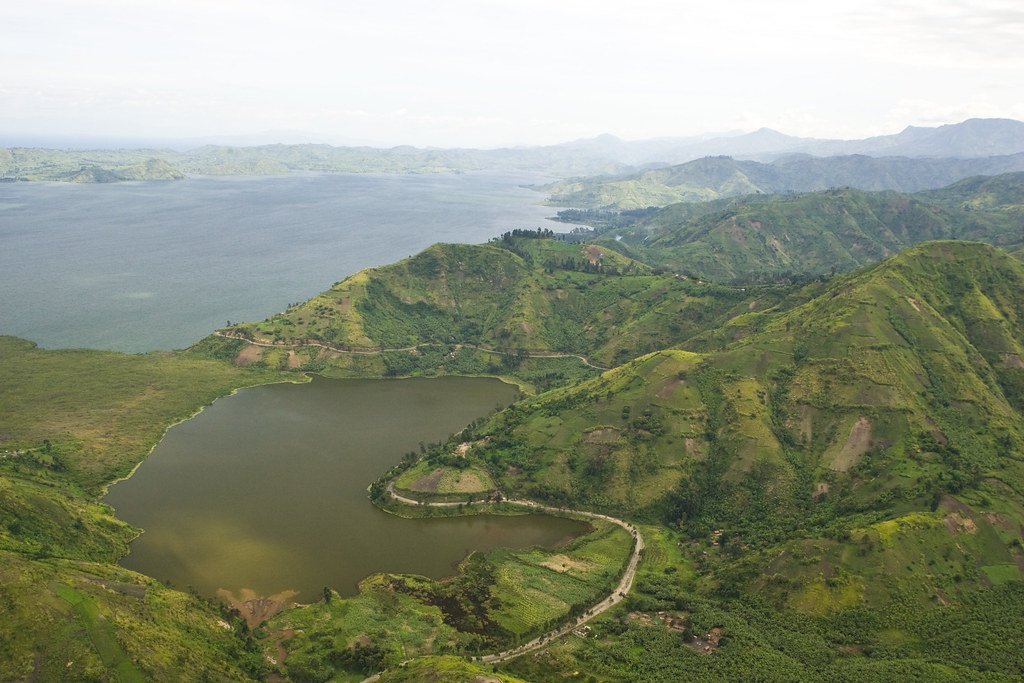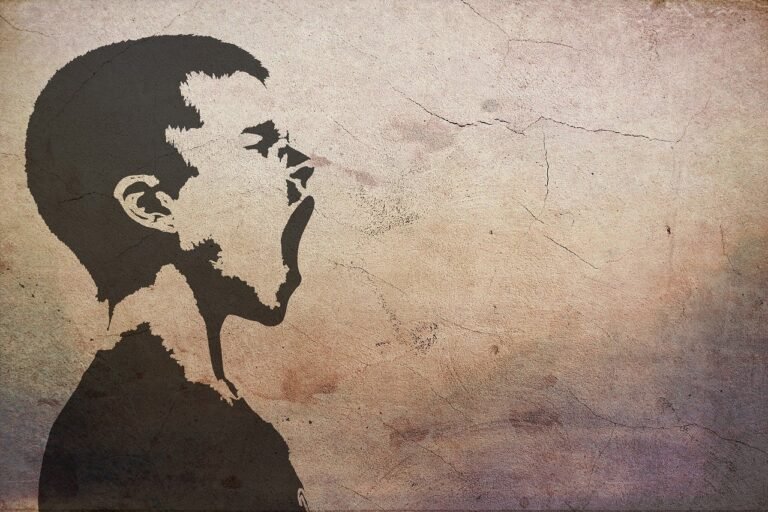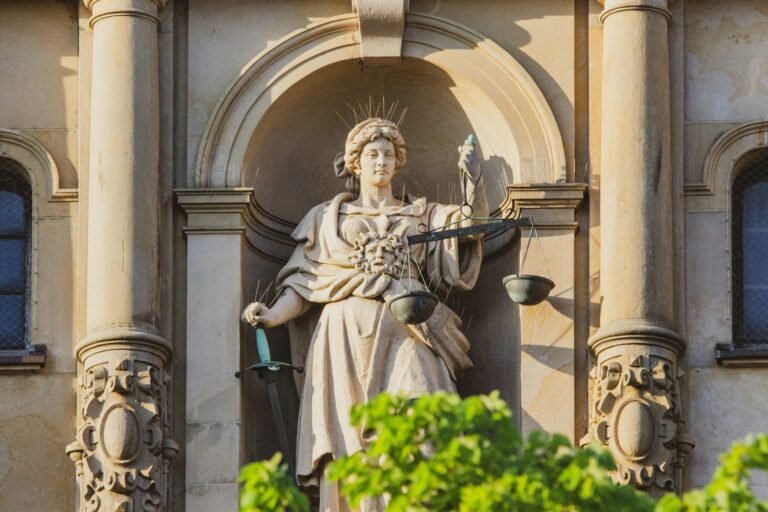
A BBC Africa Eye investigation has revealed shocking evidence of an illegal trade in human body parts used for alleged “magic” rituals in Sierra Leone—an alarming situation that has left mourning families without closure and highlighted significant deficiencies in law enforcement.
The inquiry was initiated by the 2020 murder of 11-year-old Papayo Kalokoh in Makeni. His mother, Sallay Kalokoh, has dedicated four years to seeking justice after her son vanished while selling fish at a market and was subsequently discovered mutilated at the bottom of a well. Authorities never confirmed if his death was a ritualistic killing, and no suspects have been apprehended.
These incidents are not unique. Sierra Leone continues to be plagued by sporadic reports of murders associated with juju rituals—killings committed so that body parts can be utilized in charms promoted as sources of wealth or political influence. However, law enforcement often lacks the means to investigate: the nation, with a population of 8.9 million, has only one pathologist, and many officers themselves harbor strong beliefs in witchcraft, which hinders the vigorous pursuit of suspects.
To investigate the clandestine networks behind these murders, BBC journalists went undercover. In the Kambia district near the Guinean border, they met a man who identified himself as “Kanu,” claiming to be part of a vast trafficking operation supplying body parts to influential clients throughout West Africa. Donning a ceremonial mask, he displayed to the undercover reporter what he alleged was a human skull and indicated a pit where he claimed bodies were dismembered. He quoted a price of 70 million leones (approximately $3,000) for a woman’s body parts.
The BBC also encountered a second suspected trafficker, referred to as “Idara,” in the crime-ridden Waterloo neighborhood of Freetown. He outlined a network comprising over 250 accomplices and played a voice message from a colleague indicating they were getting ready to kidnap a victim. When he subsequently informed the undercover reporter that his group had chosen a target, the police were notified.
Law enforcement, in collaboration with the nation’s Council of Traditional Healers—whose leaders strongly oppose ritual killings—conducted a raid on the location. Officers discovered Idara hiding in the ceiling with a knife in hand. Traditional healer Sheku Tarawallie, who participated in the raid, reported finding bones, hair, and what seemed to be soil from a cemetery. Idara and two others faced charges under Sierra Leone’s anti-witchcraft legislation but were later released on bail while further investigations were ongoing.
The findings from the BBC underscore the challenges in prosecuting such cases. Researchers indicate that ritual killings throughout Africa are frequently underreported or misclassified, with as many as 90% of offenders never apprehended.
Even prominent cases face delays. A university lecturer discovered buried in a herbalist’s shrine in 2023 has yet to see any prosecution progress, according to sources who claim that suspects have been granted bail.
During the BBC’s investigation, tragedy struck the reporter’s own family. In May, his 28-year-old cousin, Fatmata Conteh, was found dead in Makeni, missing several teeth—raising concerns of a ritualistic motive. Her family financed an autopsy that authorities could not afford, but the results were inconclusive and no arrests have been made.
For mourning families like the Kalokohs and Contehs, the absence of answers intensifies their suffering and fear. As ritual killings largely go unpunished, communities remain in terror—and the clandestine market for human body parts continues to flourish in the shadows.



